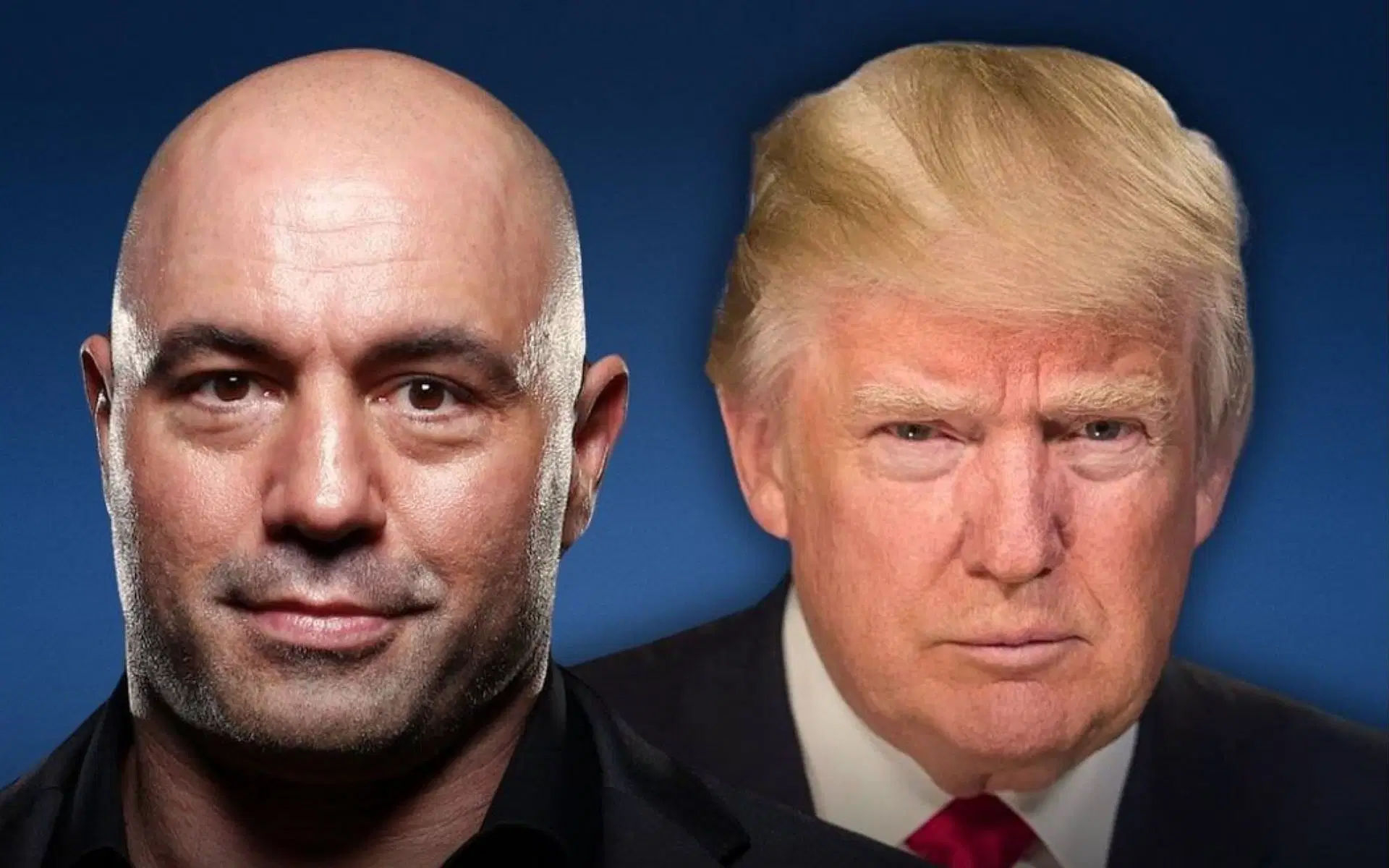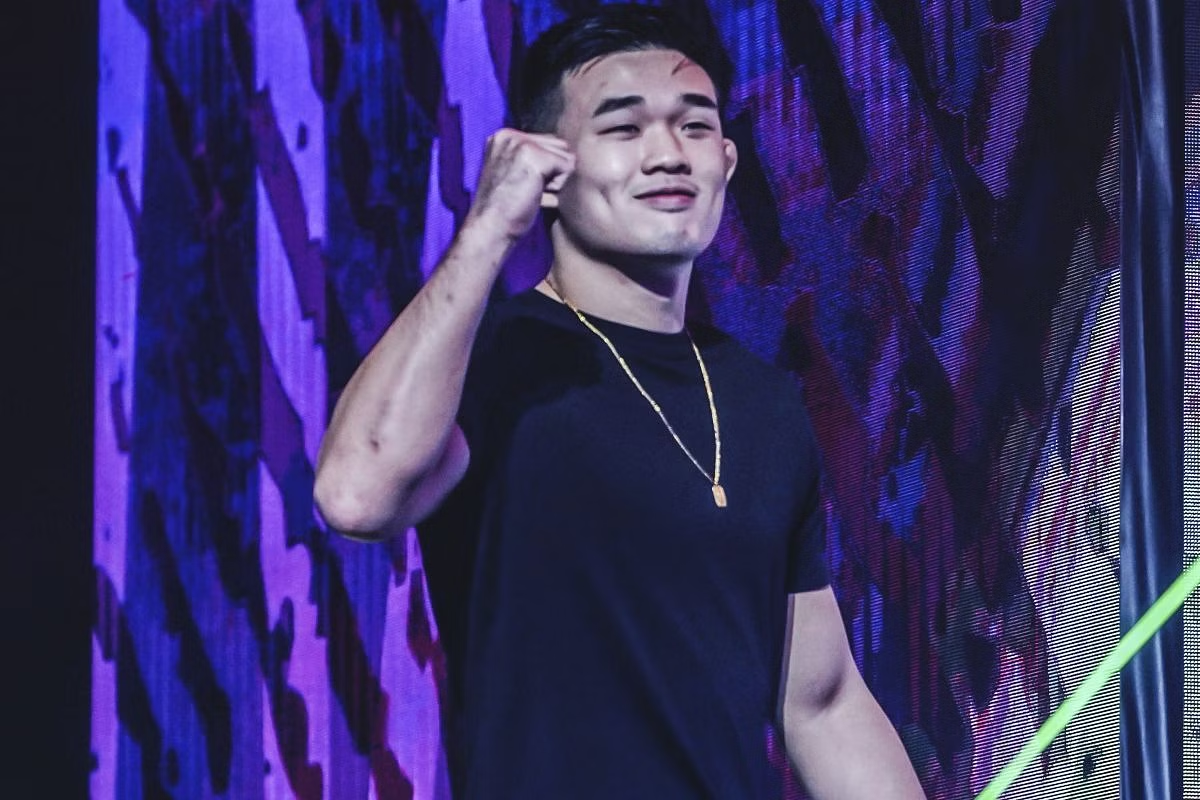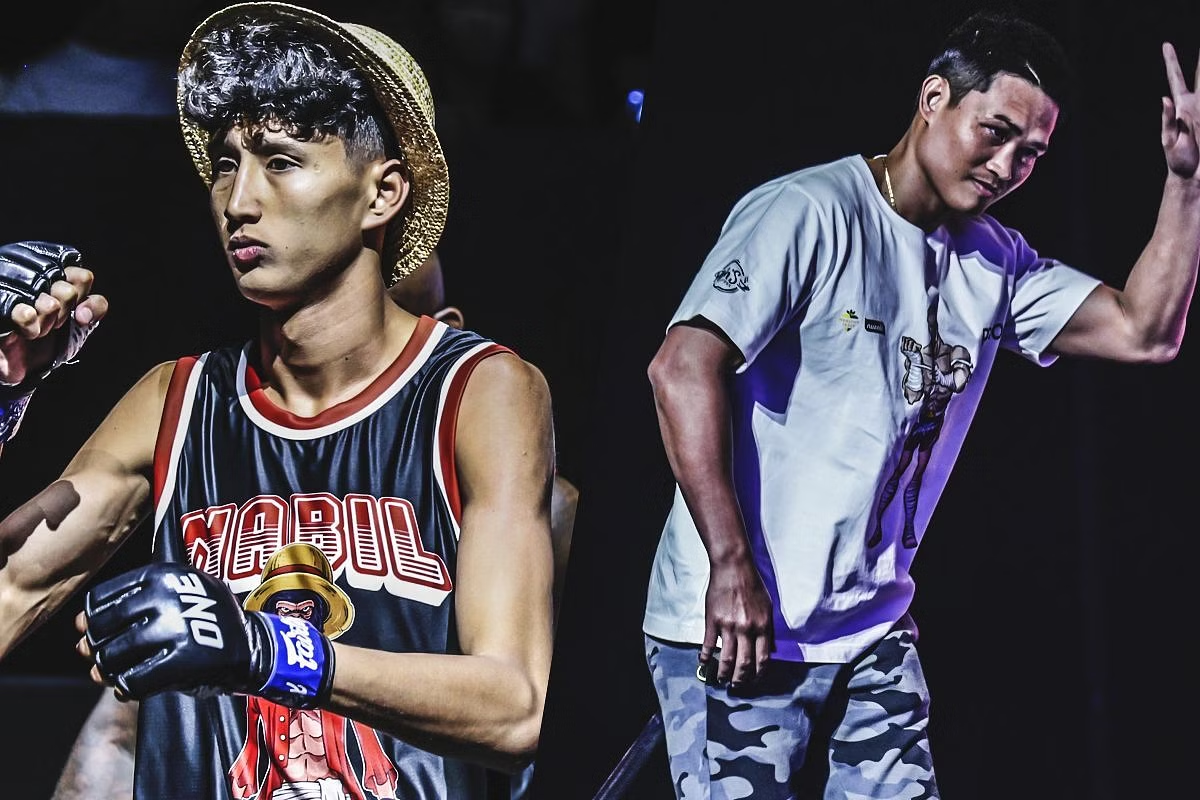Joe Rogan’s perceived influence on younger voters and his role in contributing to Donald Trump’s recent presidential election victory have sparked discussions about the intersection of politics, media, and social influence. Reports suggest that the Trump administration is planning to adapt its communication strategy by involving influential figures like Rogan, Theo Von, the Nelk Boys, and Adin Ross to engage a broader and more diverse audience.
The Role of Influencers
These media personalities, popular among younger demographics, have large followings on platforms like YouTube, Twitch, and Spotify. By leveraging their reach, the Trump campaign aimed to connect with voters who may not traditionally engage with political content. Influencers reportedly endorsed Trump by discussing issues such as taxes and immigration, resonating with their audiences.
Potential Shifts in Media Strategy
According to Politico, the Trump administration may transform the traditional press briefing model by incorporating nontraditional media voices. A source close to the administration speculated about a scenario where mainstream journalists like Maggie Haberman of The New York Times might share a press briefing room with podcasters like Joe Rogan. This approach aligns with the administration’s goal to reflect the evolving media consumption habits of the public.
Joe Rogan’s Commentary
Rogan himself has commented on the media’s portrayal of Trump, describing it as a “massive concentrated psy-op” in a podcast episode. He argued that narratives had been constructed to distort public perceptions of Trump, regardless of his flaws. Rogan’s conversations on The Joe Rogan Experience, including a pre-election discussion with Trump, generated significant viewership, demonstrating his platform’s influence.
In a separate interview with Marc Andreessen, Rogan expressed surprise that the election process appeared unrigged despite media biases, suggesting confidence in the integrity of voting systems despite attempts to sway public opinion.
Broader Implications
This shift underscores the growing role of digital and social media influencers in shaping political discourse and election outcomes. If successful, this strategy could redefine how political campaigns and administrations engage with voters, blending traditional media with modern platforms to reach audiences across ideological and generational divides.




